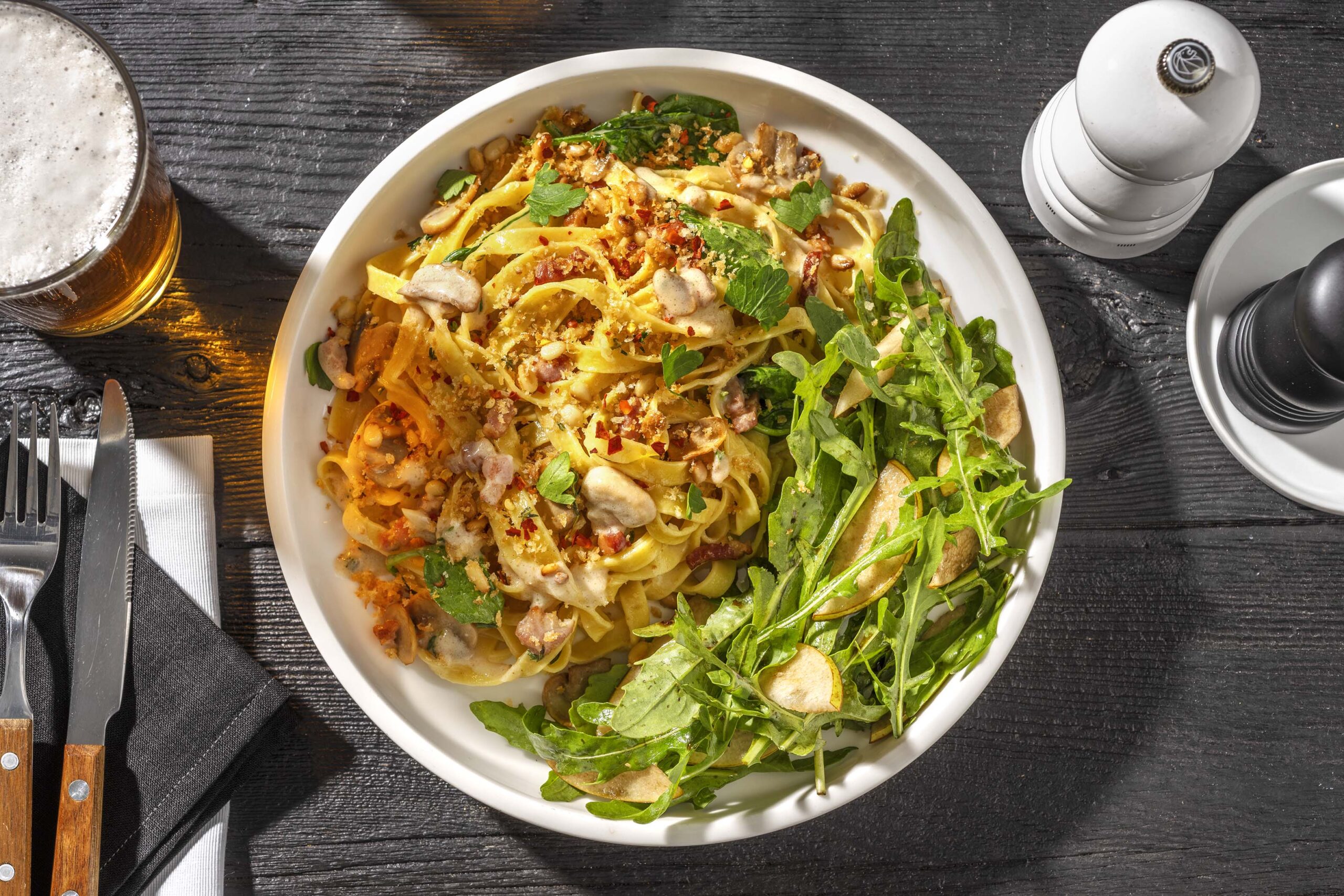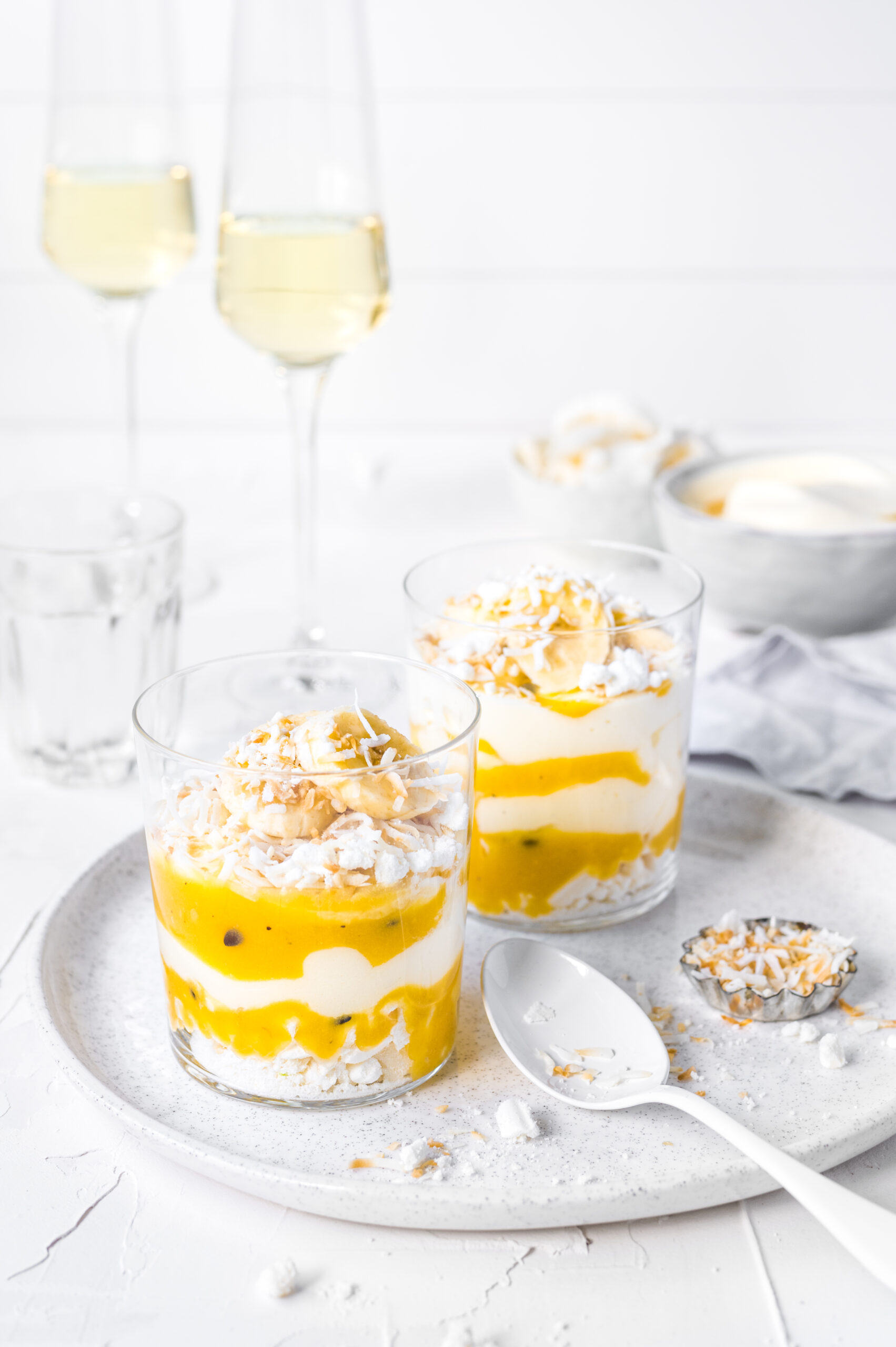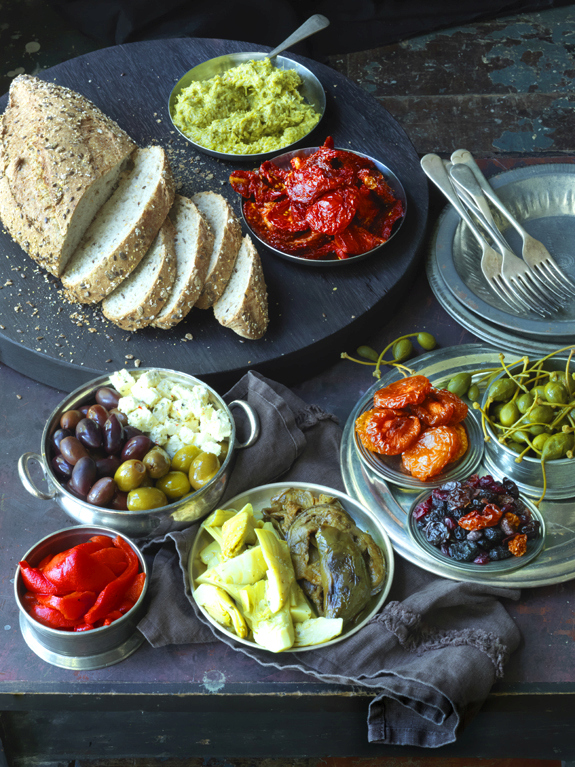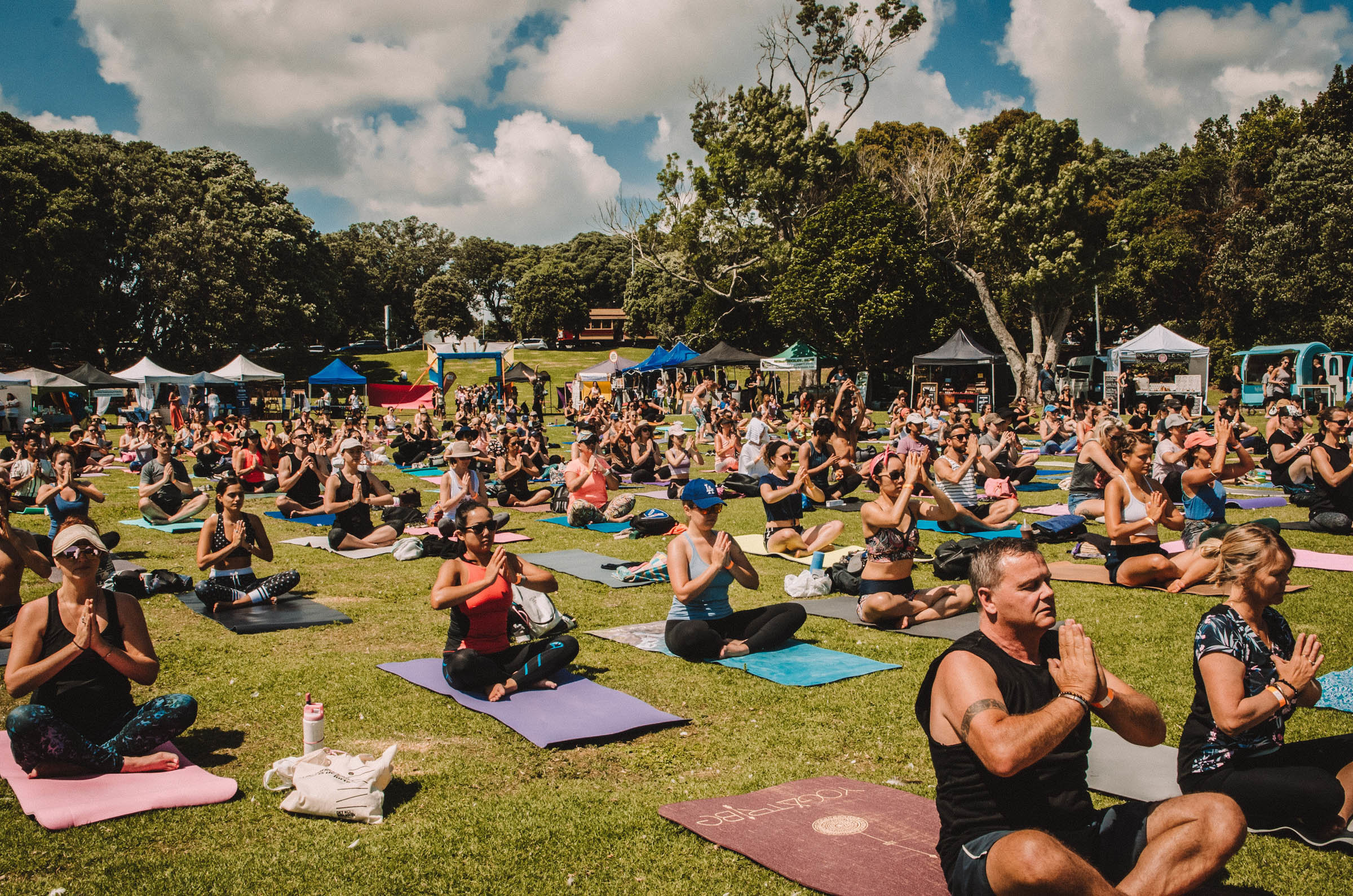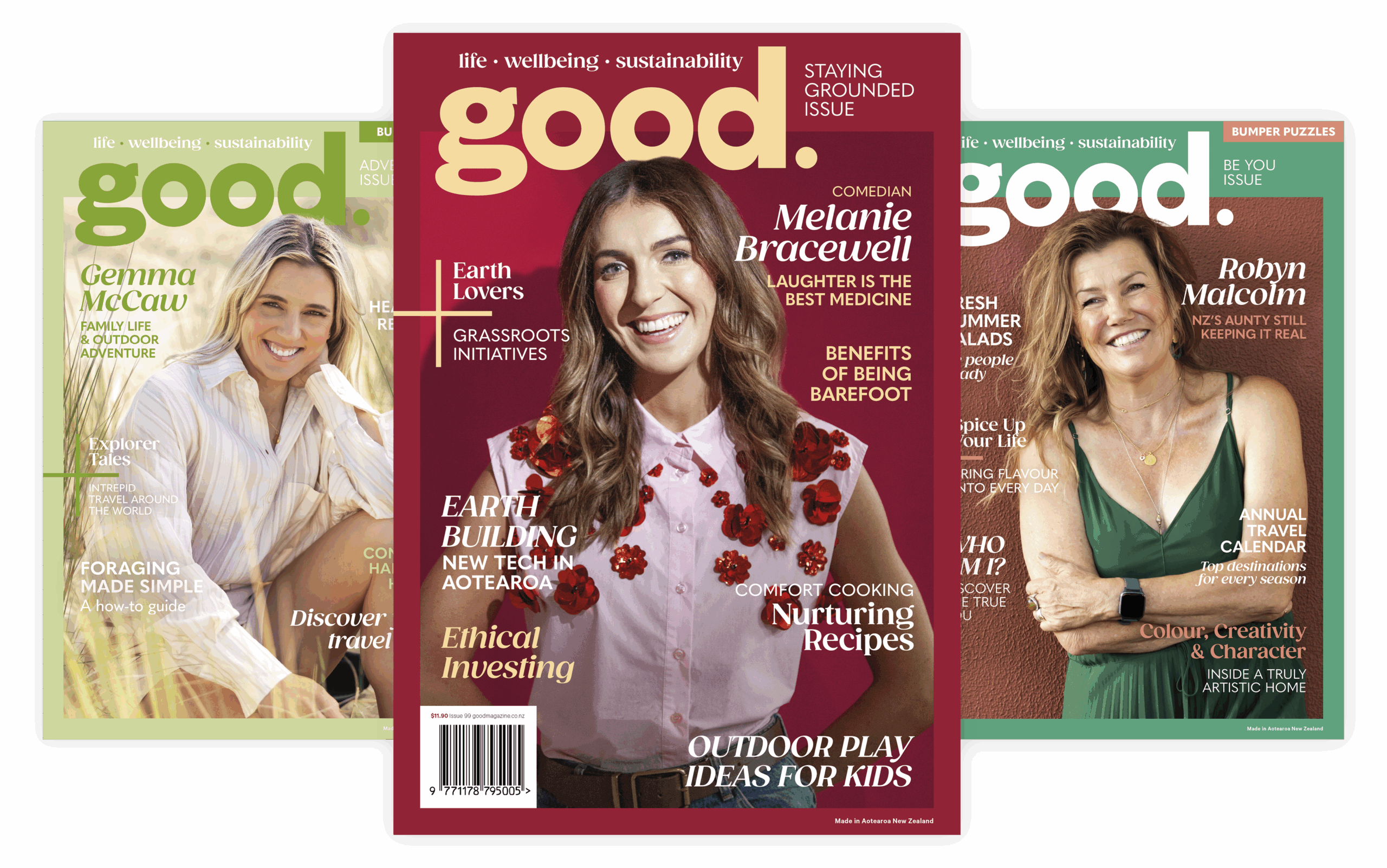Travelling the world as a comedian, presenter and now producer of TV3’s 7 Days, Jon Bridges has seen enough to get him gazing skyward. He tells Olivia Wix why the world would be a better place if we all just got on our bike
Travelling the world as a comedian, presenter and now producer of TV3’s 7 Days, Jon Bridges has seen enough to get him gazing skyward. He tells Olivia Wix why the world would be a better place if we all just got on our bike
Photo: Gemma Wilson
If you were an alien coming to earth you’d think our society is based on moving metal boxes. Our whole society is based around cars. People looking down on these cities will go “Wow, they’re doing a good job of moving these boxes,” but what else do we have to show for it all?
There’s so much that would be better if we all rode our bikes. Cycling has a great power to change a lot of things about your life. It’s good for your health, your wallet and it makes you feel so much better. You don’t have to drive everywhere. Give your kids a bike and teach them road rules—it’s pretty safe.
I went for a bike ride in Singapore once. We rode all around the island. There were monkeys on all the roads and they’d run off when you came along. It was quite funny actually. If they knew we all had bananas, we would’ve probably been attacked like there’s no tomorrow.
You know what the weather’s like when you cycle. I get to work and go, “It’s a southwesterly today, that’s unusual.” And everyone looks at me like, “Who are you and what planet are you from?” I live five kilometres from work. Anyone could ride five kilometres to work. If you live 20 kilometres from work then that’s just a damn good effort.
I wouldn’t say I’ve always been a greenie. I’ve always ridden my bike, but not for any altruistic worldsaving reason.
I want to be sustainable if it involves no effort. And I think that’s the realistic view of most people. It’s easy to understand.
I’m so busy that I’m useless. I don’t grow a veggie garden, we have no compost. But we do eat freerange eggs.
We kill our own herbs. We try and grow them, but we just end up killing them. Every few months we plant new ones because we like cooking, but we ignore them so they just end up dying.
I think it’s really important to use your head when deciding what’s right and wrong when it comes to the environment and sustainability. We have to use science, not fads and superstition.
I think the whole organic phenomenon is just a knee-jerk reaction about anything impure in our foods, like insecticides and pesticides. I don’t know if it’s based on all that much fact. Some insecticides and pesticides are proven to have no ill effects.
I’m really against bottled water. It’s an illness of modern society. It’s a virus we caught from somewhere and we’ve got it bad. The amount of water shifted is ridiculous. I don’t know how they sell it to people. How did we get this water bottle disease, how did it spread and will we ever get better?
We need social change. You can’t do that by telling people what is good and right—people don’t listen to that. I think the question is how you can encourage it to happen.
It’s not a corporate bottomline to be sustainable. How do you make a company show moral leadership?
It’s easy to change the way you live by changing the rules. The government has to do that obviously. But then they’ll just be accused of being a nanny state. I think it’s important that we try and have some effect on what happens in Copenhagen. We are a country that used to have good moral ethics. I don’t know what happened.


